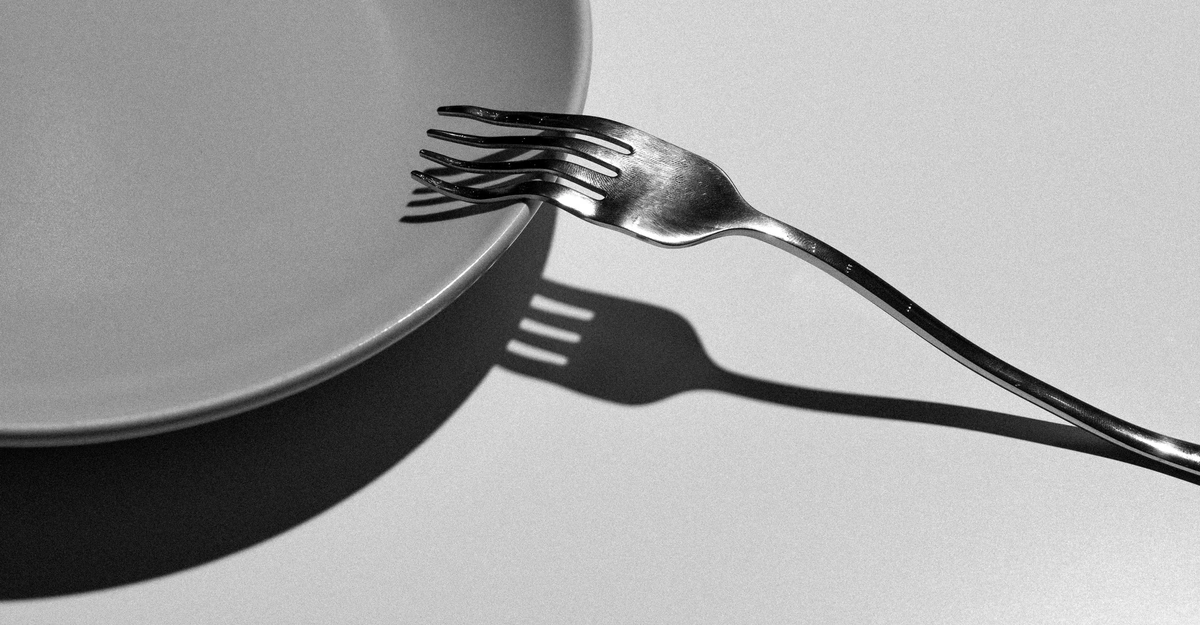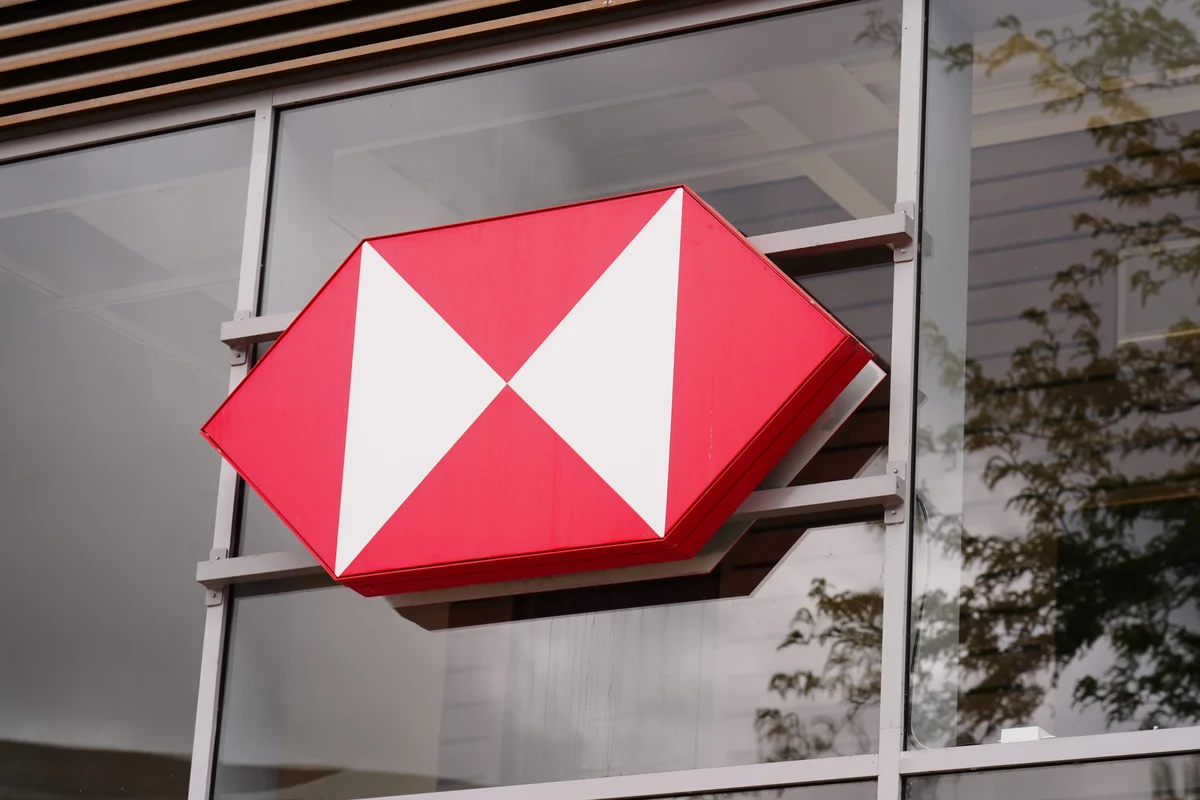Copyright The Atlantic

This is an edition of The Atlantic Daily, a newsletter that guides you through the biggest stories of the day, helps you discover new ideas, and recommends the best in culture. Sign up for it here. Two weeks ago, Treasury Secretary Scott Bessent warned that the ongoing government shutdown was “starting to cut into muscle.” Now it appears to be nearing the bone: For the first time in its 61-year history, SNAP, the federal food-assistance program for low- and no-income people, is set to run out of money. If November’s payments don’t arrive in people’s accounts on Saturday, roughly 42 million Americans will need to figure out another way to pay for their meals. On Friday, the U.S. Department of Agriculture (USDA), which oversees SNAP, announced in a memo that it would not tap into the roughly $6 billion contingency funding set aside for the program. According to the memo, the reserve is “not legally available to cover regular benefits,” and “the best way for SNAP to continue is for the shutdown to end.” A coalition of 25 Democrat-led states and the District of Columbia is suing the Trump administration, alleging that not only is the administration able to use those funds—it must use them. (When I emailed a USDA spokesperson for comment, I received an automated response saying they had been furloughed and could not respond.) The disruption would be unprecedented; not even the longest government shutdown in history, during President Donald Trump’s first term, interfered with SNAP funding. The timing of the USDA’s mandate is questionable. Congress set aside that $6 billion for SNAP over the past year and a half. And earlier this month, the agency had a 55-page memo on its website detailing how it might use the reserve for SNAP in the event that funding lapsed, per requirements set by the White House’s Office of Management and Budget (SNAP costs the government about $8 billion a month; the OMB is run by Russell Vought, who has used the shutdown to cut into government funding writ large). But the plan has now mysteriously disappeared from the USDA site. The agency’s new memo from Friday contends that “the contingency fund is a source of funds for contingencies,” a category for which a government shutdown doesn’t appear to qualify. Legal scholars and budget experts have largely disagreed with that interpretation. Bobby Kogan, of the Center for American Progress, told me that the administration is employing “the narrowest interpretation you could possibly have” of the law to avoid paying for SNAP, in contrast with the “broadest interpretation” of the law now being used to justify a private donor paying the military during the shutdown. As Dottie Rosenbaum, of the Center on Budget and Policy Priorities, explained to me, “The idea that SNAP’s contingency funds could not be used for SNAP benefits stands in sharp contrast to what the face of the law says,” as well as previous USDA guidance. David Super, a professor of constitutional law at Georgetown Law, put it simply on his blog: “Terminating SNAP is a choice, and an overtly unlawful one at that.” In other words, it’s not that the administration can’t pay up—it’s that it has chosen not to. Although Republican lawmakers have acknowledged their constituents’ reliance on SNAP, they are focused on taking swipes at the Democrats. In a statement, the OMB blamed the Democrats who “chose to shut down the government knowing full well that SNAP would soon run out of funds.” House Speaker Mike Johnson told Republican representatives yesterday that the “pain register is about to hit level 10” as the shutdown drags on and SNAP cuts go into effect, but urged the GOP to stay the course, according to Politico. Without a deal to end the shutdown, Congress is limited by its lack of funding. And the executive branch, which still has some latitude to act, has been incredibly selective about which services to fund and which not to. Trump has halted blue-state projects that depend on federal dollars while emphasizing that “we’re not closing up Republican programs because we think they work.” However, as my colleague Toluse Olorunnipa recently reported, Trump hasn’t been able to protect his supporters from the shutdown’s impact entirely. Congressional paralysis has been compounding the hurt: Republican Senator Josh Hawley recently introduced a bill to fund SNAP’s November payments, but it likely won’t be put to a vote before the Saturday deadline. Senate Majority Leader John Thune, who would make that call, has said “there’s not a high level of interest in doing carve-outs” to fund specific government programs, and that Republicans will block a similar bill from the Democrats. But food isn’t partisan. SNAP is one of the nation’s largest social-welfare programs, a reliable source of relief for one in eight Americans. On average, the federal government pays each recipient $187 per month, exclusively for food. Many SNAP participants, spread across both red and blue states, are seniors, people with disabilities, and families with young children. SNAP has survived for so long in part because of a long-standing bipartisan recognition of the program’s importance, in spite of the equally long-standing Republican mission to pare back government funding for welfare programs. Ronald Reagan’s administration made cuts to food assistance, as did Trump’s: The One Big Beautiful Bill Act will slash $186 billion from all SNAP-related funding by 2034. But no politician wants to be blamed for halting SNAP altogether. “Americans don’t like welfare, but they don’t want to see fellow Americans go hungry,” Christopher Bosso, a political-science professor at Northeastern University and a historian of SNAP, told me. This summer, a poll found that 66 percent of Americans oppose cuts to food assistance. SNAP isn’t a perfect program, but such a sudden disruption would have an immediate material impact: Food banks are already signaling that they might not be able to keep up with demand. Friday’s USDA memo declared that states would not be reimbursed for covering SNAP benefits, and few have committed to doing so. The costs are just too high for some states to cover on their own, especially for those with higher percentages of SNAP recipients. Social welfare isn’t exactly a priority for the Trump administration. The president’s budget proposals have historically threatened to eviscerate food assistance, and the One Big Beautiful Bill Act’s cuts to SNAP are the largest in U.S. history. For low-income Americans, SNAP can be a lifeline; for this White House, it’s another political tool. Related: Here are three new stories from The Atlantic: Today’s News Evening Read How to Make Music Popular Again By Jonathan Garrett Read the full article. More From The Atlantic Culture Break Watch. What counts as a “scary movie” is often in the eye of the beholder, but the most effective ones tend to do more than just terrify us—The Atlantic’s staffers recommend the first movies that really scared them. Explore. The once-simple request of “Will you be my bridesmaid?” has ballooned into an invitation to participate in elaborate affairs involving $800 gowns and expensive bachelorette trips, Annie Joy Williams writes. Play our daily crossword. Explore all of our newsletters here. Rafaela Jinich contributed to this newsletter.



